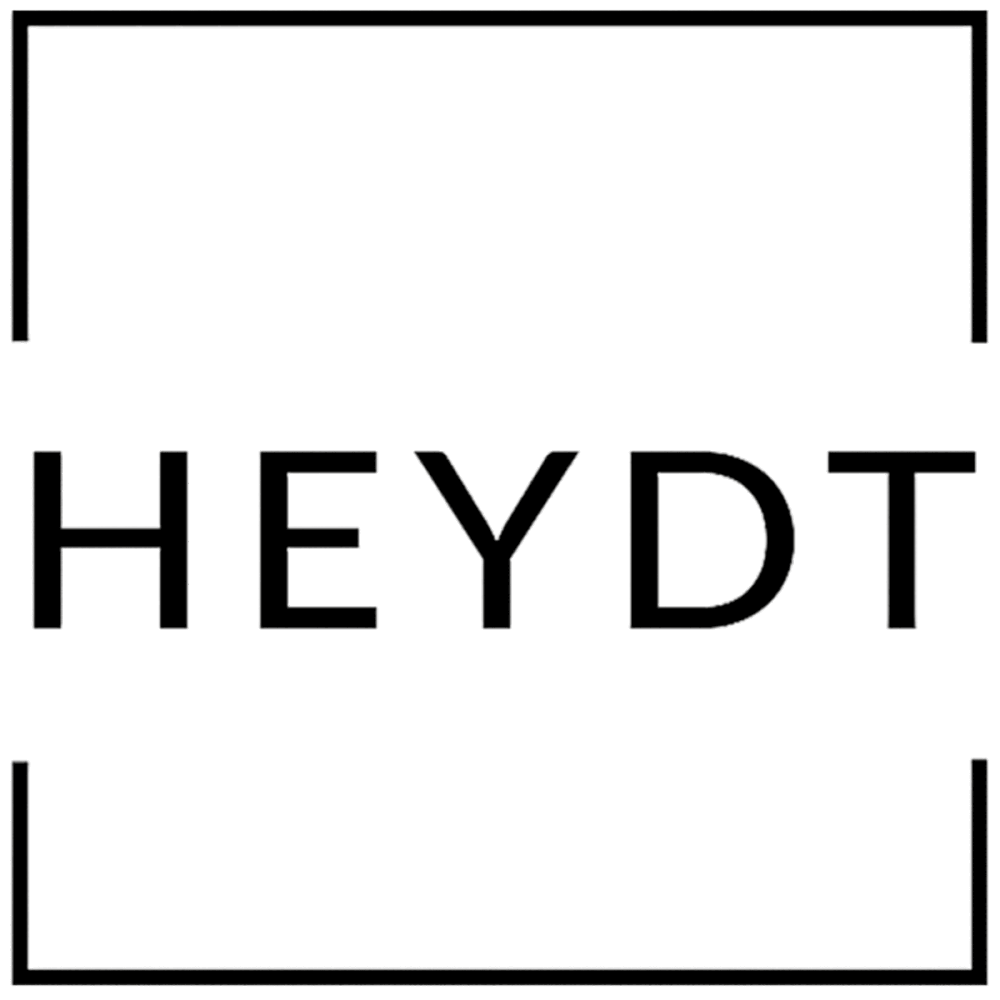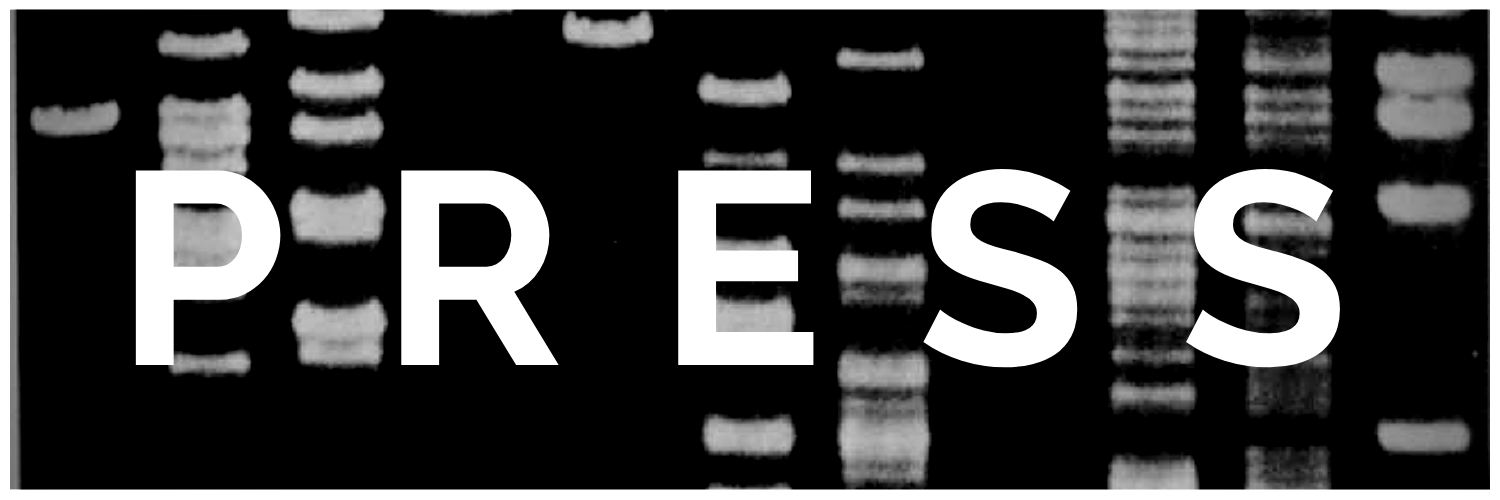The questions that underlie the concept of Urban Beings 2020 Heterotopia gravitate around our ability to perceive SPACE , interact with it and give it a meaning, therefore "building" PLACES. The heart of this project puts the spotlight on the environment in which we live every day because it is to these places that we entrust the core of the individual identities and communities that live them, it is with them that we develop that irreducible sense of belonging that binds a city to its inhabitants. However, there are not only the latter in the small towns of the Itria Valley; hundreds of visitors cross those same places during the summer months, establish relationships of various kinds with them, spread and preserve a particular image, each time different.
The identity of a place, which is never fixed but changes with the passage of time, is inextricably linked to the existence of a community that interacts with that place: it is in the public spaces of our cities that these interactions polarize and become a very precious resource, not only to enhance a common heritage often overlooked or threatened, but also to create new synergies with it. In this perspective, urban spaces take on a very important role, acting as a natural stage for a relational dimension that today seems to be missing us so much.
It will not be risky to argue that the recent events relating to the pandemic spread of Covid-19, with the progressive removal of people from each other and people from public places, restrictions and finally isolation within the walls of the house, are leading to a real and just a distortion of our usual relationship with space, - certainly than in these terms we considered "usual" until recently -.
The images of deserted cities, empty and silent, are now contrasted with a certain violence by the circumscribed spaces of our homes, full and swarming. Dematerialized under our feet, the concrete space of our lives is therefore projected within ourselves, while we are looking for new ways to share all this every day thanks to technology and its new networks. What is a place if we can only access it through memory? What kind of experience will it be to go back after so long? How do my presence or absence define that space?
ANOMALY , represented by the new conditions of life, thus seems to act as a distorting lens on reality itself; it is the latter that now appears to be a HETEROTOPY , a "counter-space", where everything is suspended.
In the light of the current situation, retracing the thoughts of the authors chosen as ideal references of the Festival can only enrich the theme of new considerations. The concept of heterotopia, coined by the French philosopher Michel Foucault in the 1960s, refers to "other places", which are found - as if suspended - outside every place while remaining real and localizable, physical and counter-spaces mental at the same time, that every society and culture produces, such as for us the mirror, the cinema, the ship. Alongside the philosophical suggestions, the literary ones of Italo Calvino's "The invisible cities" are equally significant; a story published in 1972 and yet always pungent topical, in which the author gives shape to an unforgettable imaginary world, dotted with impossible cities "out of space and time", which in reality reveal, in the form of poetic metaphors, fundamental aspects of our modern cities. And finally the lesson of a visionary thinker like Aldo Rossi; the "existential" reading that the famous Italian architect makes of the city space, while focusing on architecture, in fact goes far beyond the pure formal aspect, opens up to a more problematic interpretation of the relationship between man and space to arrive at a real theory of "urban facts".
Art, outside the walls of the galleries, pouring into public places and opening up to a more emotional and participatory use, has for some time now played a leading role in the processes of urban regeneration and redevelopment and territorial planning; in a moment like this - with greater reason -, the language of art as an instrument for interpreting reality helps us to re-establish contacts with our surroundings, with the emotional sphere, with our critical sense and our imaginative power.
The CRISIS we are experiencing certainly offers the opportunity to rethink the places and dynamics of our lives from an unprecedented point of view, in one way or another enriches the field of experience, as well as the inner baggage; in a certain sense, it is the crisis itself that provides us with the necessary tools to overcome it, when it is time to negotiate meanings, create identities, reformulate the dimension of the individual and that of the community.
The fantastic manipulation of urban spaces and the possibility of interacting with them, a sort of provocation to the traditional vision of reality, therefore aims to transform the places themselves into works of art, to put things and people back into circulation after the emergency by doing the part, to stimulate a debate that allows us to elaborate the latest events by rethinking the image of the city as a human creation.
Having entrusted the documentation of this specific and unrepeatable moment to the #Oppocities Social Photo Contest , the Festival continues its research by attempting to treasure the unexpected implications: in the belief that it may be a good omen, the reflections that accompany this edition of Urban Beings they renew and orient in the perspective of the FUTURABLE . What is changing and what will change in the post virus space ?
Angela Conte, Artistic Director




